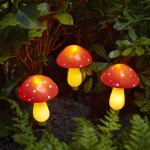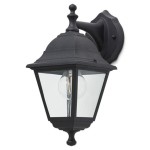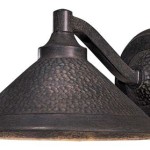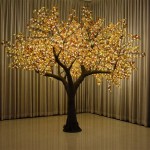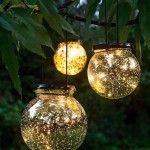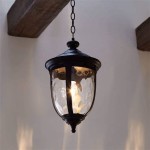Essential Aspects of Outdoor LED Lighting Systems
Outdoor LED lighting systems have become a necessity for illuminating public areas, parks, and residential properties. They offer numerous advantages over traditional lighting systems, including energy efficiency, durability, and environmental friendliness. Understanding the essential aspects of outdoor LED lighting systems is crucial for selecting the optimal solution for your needs.
The following aspects will be discussed in this article:
- Light Output and Efficiency
- Beam Angle and Distribution
- Color Temperature and CRI
- Controllability and Dimming Options
- Durability and Weather Resistance
- Environmental Impact and Sustainability
- Cost Considerations
Light Output and Efficiency
The light output of an LED lighting system is measured in lumens. It indicates the amount of visible light emitted by the fixture. Efficiency is measured in lumens per watt (lm/W) and indicates the amount of light produced relative to the power consumed. Higher lumen values and lm/W ratios indicate brighter and more efficient fixtures.
Beam Angle and Distribution
The beam angle refers to the angle at which light is emitted from the fixture. It determines the spread of light and is crucial for achieving optimal illumination in the desired area. Different beam angles are available, ranging from narrow (spotlights) to wide (floodlights). Symmetrical distribution emits light evenly in all directions, while asymmetrical distribution focuses light in a specific direction.
Color Temperature and CRI
Color temperature is measured in Kelvin (K) and indicates the warmth or coolness of the emitted light. Warm white (2700-3000K) creates a cozy and inviting atmosphere, while cool white (4000-5000K) provides a brighter and more invigorating light. CRI (Color Rendering Index) measures how accurately colors are rendered under the light. A higher CRI indicates more natural and vivid colors.
Controllability and Dimming Options
Controllability allows for adjusting the brightness and color temperature of the lighting system. Dimming options range from manual switches to sophisticated remote controls or smartphone apps. Dimming can save energy, create ambiance, and enhance visual comfort.
Durability and Weather Resistance
Outdoor LED lighting systems must withstand harsh weather conditions. Look for fixtures with high IP ratings, which indicate their level of protection against dust and water. Rugged construction materials ensure durability and longevity.
Environmental Impact and Sustainability
LED lighting systems are environmentally friendly due to their low energy consumption and long lifespan. They reduce greenhouse gas emissions and waste by eliminating the need for frequent lamp replacements.
Cost Considerations
The cost of outdoor LED lighting systems varies depending on factors such as fixture quality, features, and installation complexity. While the initial cost may be higher than traditional lighting, the lower operating costs and longer lifespan result in significant savings over time.

Outdoor Led Lighting Ideas For Any Style Backyard

Can Led Lights Be Used Outdoors Bpm Electric

Outdoor Led Lighting Exterior Light Fixtures E Conolight

Color Changing Waterproof Strip Lights For Outdoor Landscape Lighting

Outdoor Wall Lights And Sconces Elvi Home

The 3 Best Smart Outdoor Lights For Backyards Of 2024 Reviews By Wirecutter

The Advantages Of Outdoor Led Lighting

Exterior Wall Lights At Light11 Eu

Taking Your Outdoor Lighting To Another Level With Dynamic Led Lights Inaray Design Group

Outdoor Led Soffit Lighting Astoria Co
